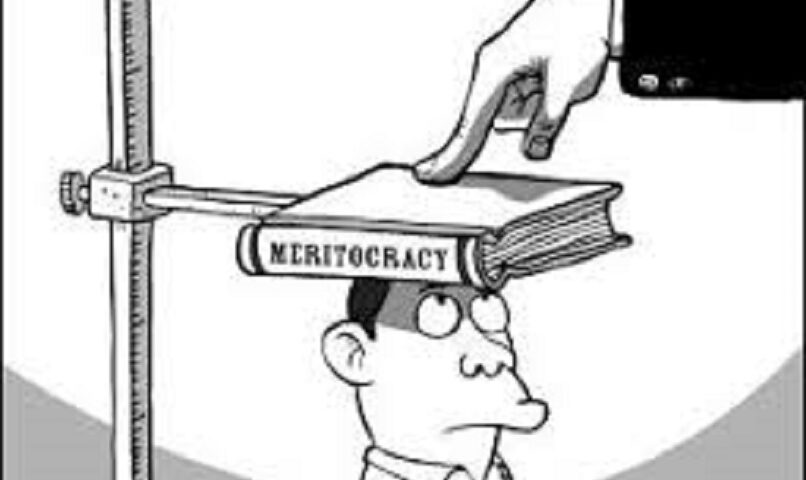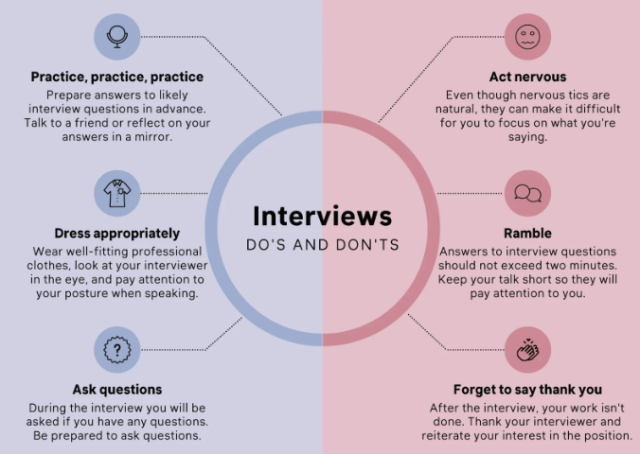When Delhi Public School, Srinagar, held the term test for Class 9 and 10 at the Indoor Sports Stadium for their 580 students, 573 turned up. And in doing so, the school found a creative way to get around the Hurriyat injunction against the re-opening of the schools amid the shutdown of the Valley which is now entering its 112th day.
For the lower classes, the school put the question papers online so that students can write their exam at home under parental supervision.
DPS Budgam and the Presentation Convent and a few other Srinagar-based schools also followed the practice. Earlier, these schools had put the study lessons online for the students to download at home. For those who couldn’t access these due to the mobile internet blockade, the parents were urged to collect hard copies from the school.
“We did this to continue the educational activity without violating the curfew or shutdown,” says Vijay Dhar, the owner of DPS, Srinagar. “We may not have achieved great success, but we are happy that we made an honest attempt to reach out to our children and ensure that all their time is not wasted.”
EDUCATION HIT HARD
In recent weeks, education has become a contentious subject in Valley. Schools have remained shut during the turmoil. There have also been attacks on the schools. By the last count, 21 schools have been gutted in mysterious blazes.
These include three higher secondary schools, eight high schools, seven middle and primary schools, and one Jawahar Navodaya Vidyalaya school. According to education officials, around 6,000 students are enrolled in these schools.
Though police cases have been registered in each case, no one has been arrested so far. Nobody thus knows the identity of the perpetrators with any certainty.
In the absence of any clarity, conspiracy theories are being commonly discussed. Many blame the “agencies for tarnishing the image of the ongoing uprising”. Others see it as the logical conclusion of the chaos that has engulfed the Valley, holding persisting separatist shutdown and its extension to schools as both an “encouragement and a cover to the burnings”.
The torching of many passenger and private vehicles for allegedly violating the Hurriyat protest calendar substantiates this argument.
But schools have hardly been open. So burning them seems inexplicable.
A SILENT HURRIYAT
Hurriyat has also not adequately condemned any of these attacks, a silence which has run into some criticism.
“This almost amounts to not only owning the school burning but also sanctioning and encouraging them,” an editorial in Kashmir Observer said. “What is the message that we are sending out to the world? That we are punishing schools for the sin of daring to educate? What does this tell the world about us as a people?”
However, Hurriyat issued a statement on 8 October, and termed the people responsible for such attacks “as anti-social elements”.
But this has been generally regarded as “too tepid a response to the troubling nature of the problem”.
‘NO EXAMS UNTIL AZADI’
The recent weeks have also seen the student protests against the government decision to hold annual examination. In some protests, the students have carried placards reading “no exams until Azadi”.
With separatists in no mood to relax the shutdown or allow re-opening of schools and the government pressing ahead with security crackdown, the stalemate is likely to continue. The students have been the biggest victims of this unrelenting tug of war, being used as political tools against each other.
Except for Dhar’s school and a few others, no other school has been in a position to reach out to their students and get around the shutdown. The reason for this is the absence of the requisite infrastructure, unlike branches of DPS and the elite missionary schools in Srinagar.
“We can’t prepare the study material on such a grand scale. Nor do we have internet connections. The handicap is compounded by the fact that most of our students also lack internet connectivity,” says Showkat Ali who runs a private school in South Kashmir. “Besides, the rural Kashmir has been hit the hardest in this spell of unrest, making the things further difficult for us”.
LACK OF ACTION
However, the state government, which has all the resources at its disposal, has also done nothing of the sort. Instead, in a recent article in a local daily, education minister Naeem Akhter entreated Hurriyat (G) chairman Syed Ali Shah Geelani to allow schools to function.
“I believe that we are caught in a big situation and its complexities are nowhere near a solution. Education is one sector that can enable us to navigate through the storm. Nothing else will,” Akhtar wrote in an open letter addressed to Geelani. “Sir I am praying for education for we don’t have it though we do well in most other fields. Among 34 states of India we are at 33. Can’t we have a modest but more achievable target as a Muslim majority state to convert the wish of our Prophet (SAWS) to become number one by implementing his command”.
The indefinite closure of schools has forced many rich parents to send their wards for tuition either to Jammu or to other parts of the country. But that luxury cannot be afforded by most, leaving children largely confined to their homes.
A DEPRESSING STATE OF AFFAIRS
Hurriyat’s solution to the crisis has been a call for the establishment of “community schools”. But except for their use to bolster the separatist argument against re-opening of schools, fewer community schools that exist on the ground have made little redeeming difference to the depressing state of affairs.
Dhar laments this state of affairs.
“Around seventy to eighty thousand Kashmiri youth study in the colleges and universities outside Kashmir. We have no adequate educational infrastructure here to bring them back,” Dhar said. “Our education is in a very bad shape. We have one of the lowest standard of education in the country. We have seven universities and between them they only teach 7,000 students. In Punjab, only one university teaches around 80,000 students”.
According to reports, the closure of schools has elicited concern from the Prime Minister Narendra Modi who is believed to have asked the Home Ministry to explore ways to get the schools and colleges in Kashmir reopened at the earliest.
“The Home Ministry has asked the Jammu and Kashmir Police to prepare an action plan to provide security to schools, especially those vulnerable,” a PTI report said adding that the Home Ministry is said to have persuaded the Jammu and Kashmir government to direct the state Board of School Education to notify over 500 schools to conduct regular examinations.



